Crohn's Disease Nursing Diagnosis
Crohn's disease nursing diagnosis. When developing the patients nursing plan of care which nursing diagnosis is MOST important to include in the care plan. If you have a family history of Crohns disease. Less Than Body Requirements.
Diarrhea that is not relieved by defecation occurring in 90 of patients. As a nursing student you must be familiar with Crohns Disease its complication major signs and symptoms treatment and the nursing care for a patient experiencing this condition. Other Possible Nursing Care Plans.
Crohn disease causes the lining of your intestines to become inflamed. Doctors typically use a combination of tests to diagnose Crohns disease. Blood and stool samples can be tested for things like inflammation which could be due to Crohns disease and infections.
Weight loss malnutrition anemia. Your doctor will also ask you about your medical historyincluding medicines you are takingand your family history and will perform a. Diagnosis of Crohns Disease Blood test to check for anemia and infection Stool studies to check for blood parasites and other organisms Colonoscopy used for visualization of the gastrointestinal tract and its affected areas Computerized tomography CT Scan Magnetic resonance imaging MRI.
It can cause lesions from mouth to anus and may result in extraintestinal complications. Feel and examine your tummy. Risk for infection can be resolved with outcomes as follows.
Your first tests will likely include laboratory tests of your blood and stool. Vital signs especially temperature within normal limits. Scarring and the formation of granulomas affect the ability of the intestine to transport the product from the upper.
The lining of your mouth esophagus or stomach may also be affected by Crohn disease. Your doctor may order diagnostic testing to look for signs of Crohns disease and rule out other possible medical conditions.
Laboratory blood tests may show elevated white blood cell counts and sedimentation rates both of which suggest infection or inflammation.
Feel and examine your tummy. Ask you to provide a poo stool sample. It may take a few days or weeks to get the results. Crohn disease causes the lining of your intestines to become inflamed. Risk for infection can be resolved with outcomes as follows. The prevalence of Crohns disease is increasing in adults and children. The diagnosis of Crohns disease is suspected in patients with fever abdominal pain and tenderness diarrhea with or without bleeding and anal diseases. Further testing could include X-rays of the upper and lower GI tract. If you have a family history of Crohns disease.
Nursing care based on taxonomies favors the reach of a resolutive nursing assistance. Risk for Deficient Fluid Volume. Other Possible Nursing Care Plans. Further testing could include X-rays of the upper and lower GI tract. The prevalence of Crohns disease is increasing in adults and children. As a nursing student you must be familiar with Crohns Disease its complication major signs and symptoms treatment and the nursing care for a patient experiencing this condition. Diagnosis and Management Crohns disease is a chronic inflammatory condition that affects the gastrointestinal tract.





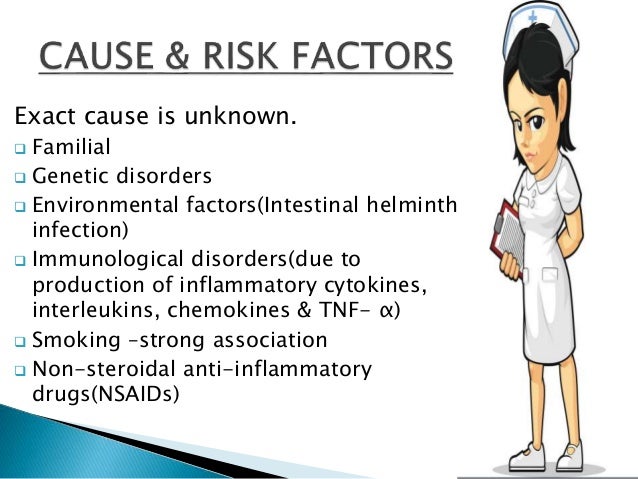
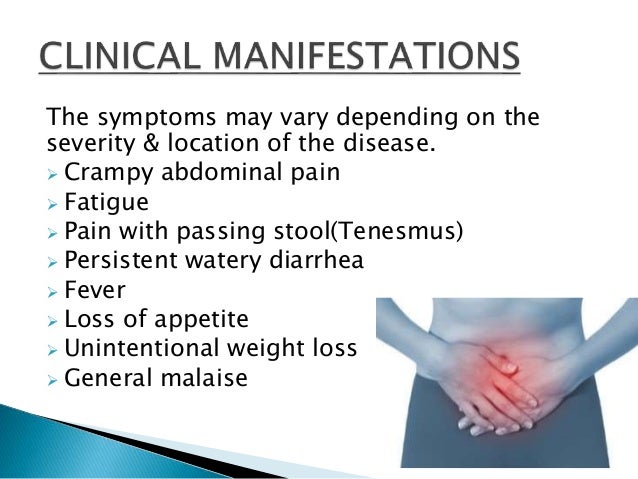
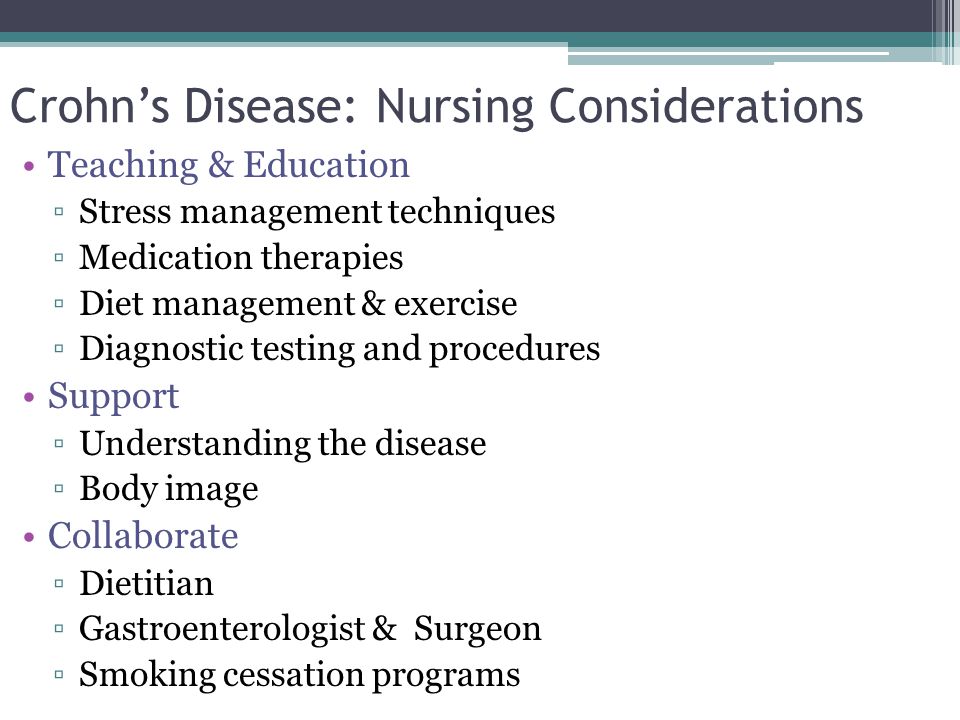
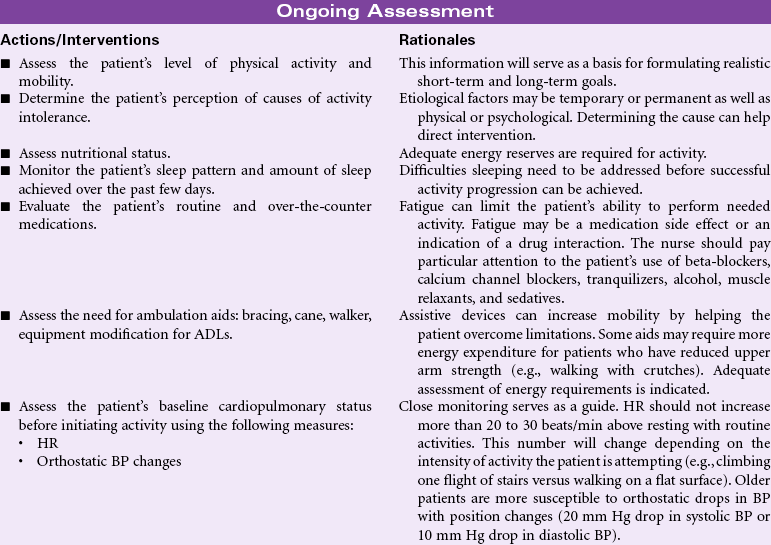

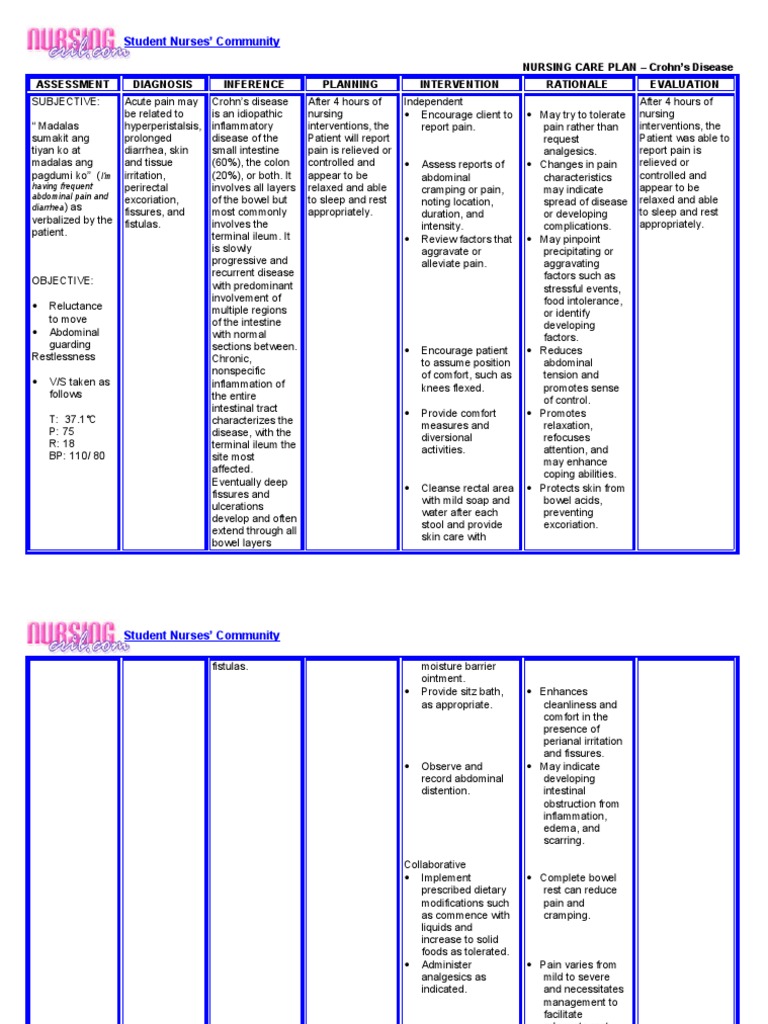




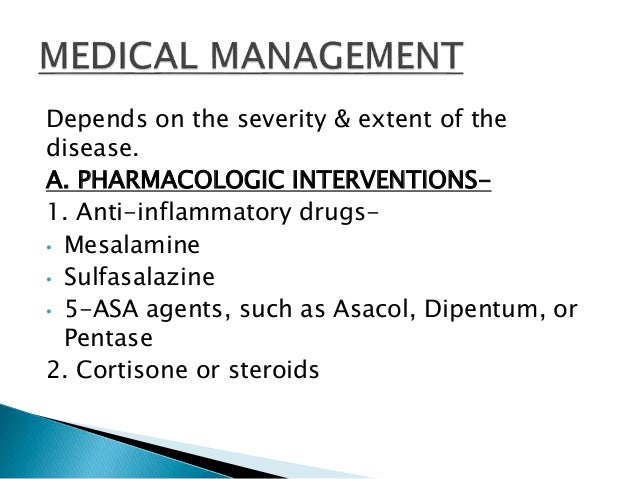





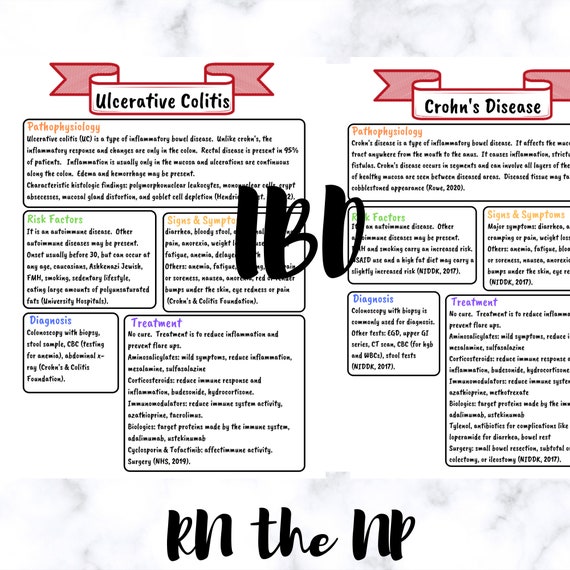

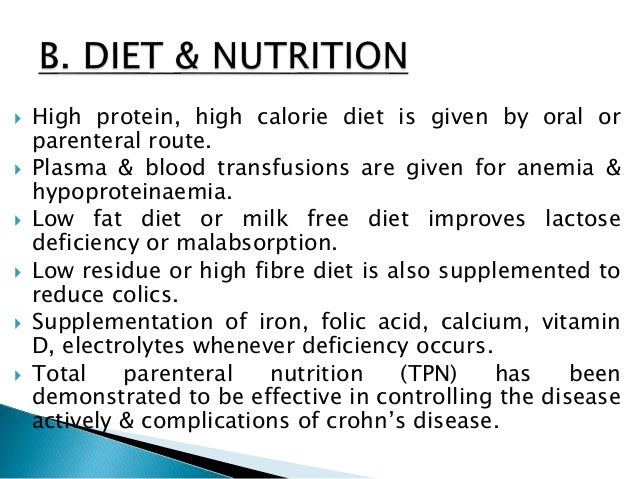







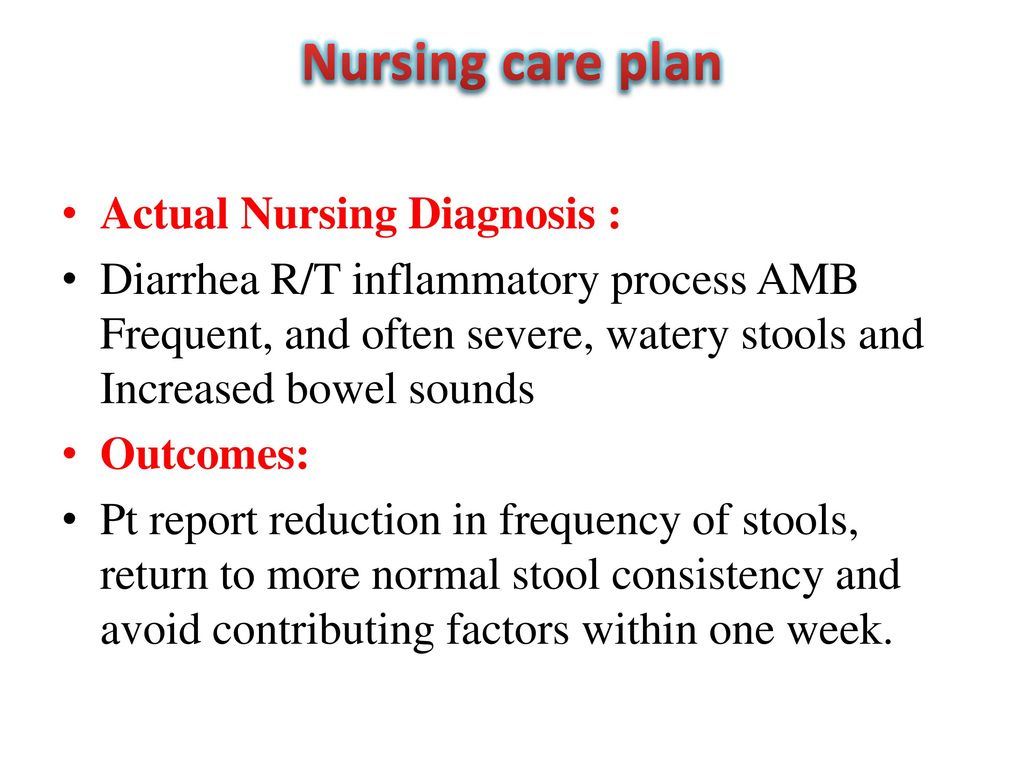
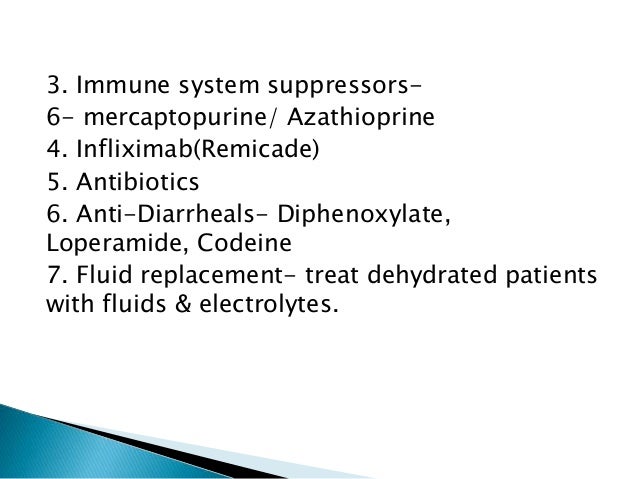
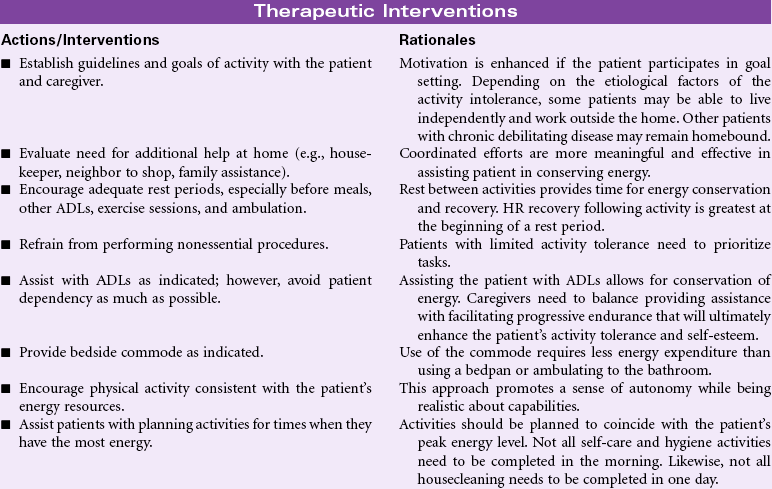




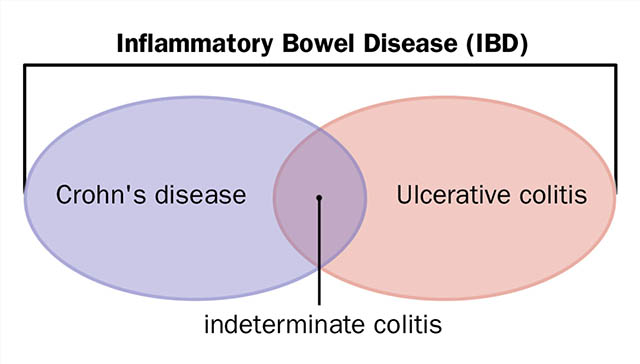



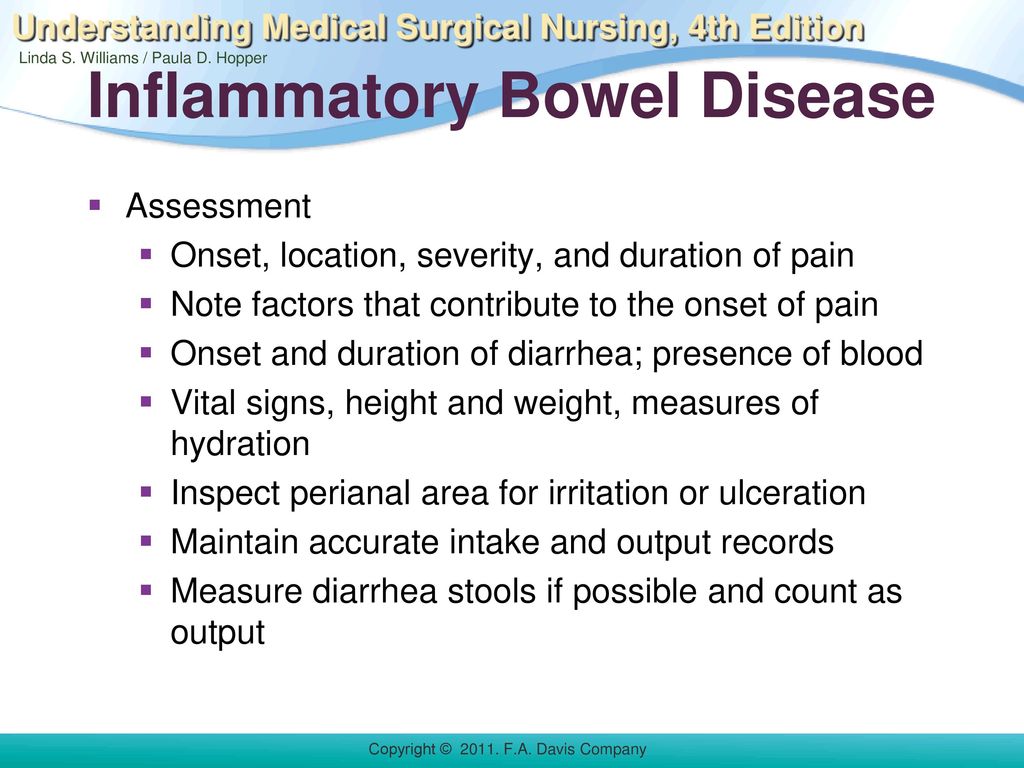


Post a Comment for "Crohn's Disease Nursing Diagnosis"